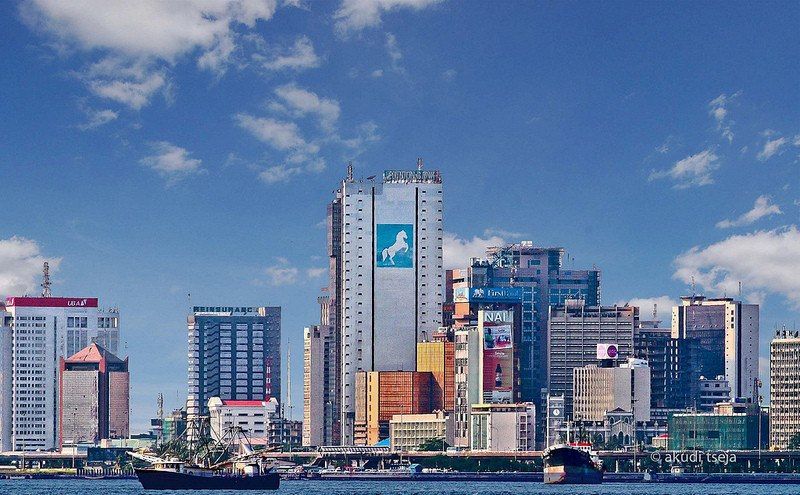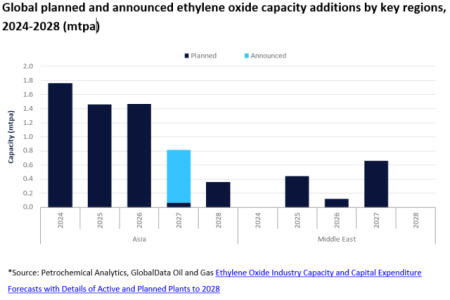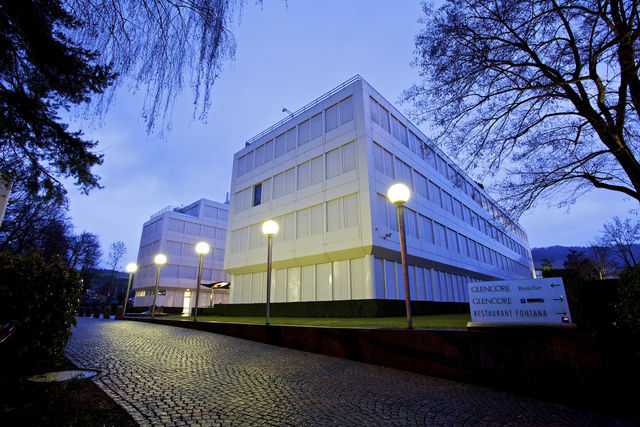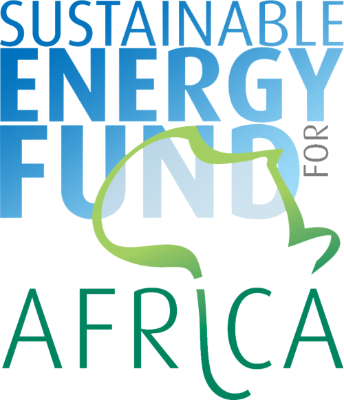
Bengaluru — — Nigeria’s inflation rate fell for a second consecutive month in August, down to 32.15% year-on-year from 33.40% in July statistics agency data showed on Monday.
July was the first month in well over a year that headline consumer inflation slowed in Africa’s most populous nation.
But analysts say August’s further slowdown could be short-lived, after two petrol prices increases this month that have angered citizens grappling with the worst cost-of-living crisis in a generation.
President Bola Tinubu’s decision to remove a decades-old fuel subsidy, devalue the naira currency and hike electricity tariffs have all increased prices.
The reforms are aimed at lifting economic growth and shoring up public finances.
The latest inflation data are likely to inform the central bank’s next interest rate decision to be announced next week.
So far this year, the Central Bank of Nigeria has raised rates four times to try to control inflation and analysts have said the hike in July could be the last in the bank’s hiking cycle.
Lingering inflation risks include further petrol price increases and flooding in the north of the country that has washed away crops, potentially leading to higher food prices.
“On the whole, disinflation should continue with the headline rate falling below 30% by year-end, but upside risks remain,” David Omojomolo, Africa economist at Capital Economics, said in a research note.
He said petrol price increases could “slow the pace of the disinflation process” and that the central bank would not start cutting interest rates until early next year.
waiting for an opportunity to try to cross the English Channel from northern France.
Food inflation fell to 37.52% in August from 39.53% the previous month. The category remained the biggest contributor to inflation in August.
*Shamsuddin Mohd & Chijioke Ohuocha; MacDonald Dzirutwe; editing: Alexander Winning & Barbara Lewis – Reuters



